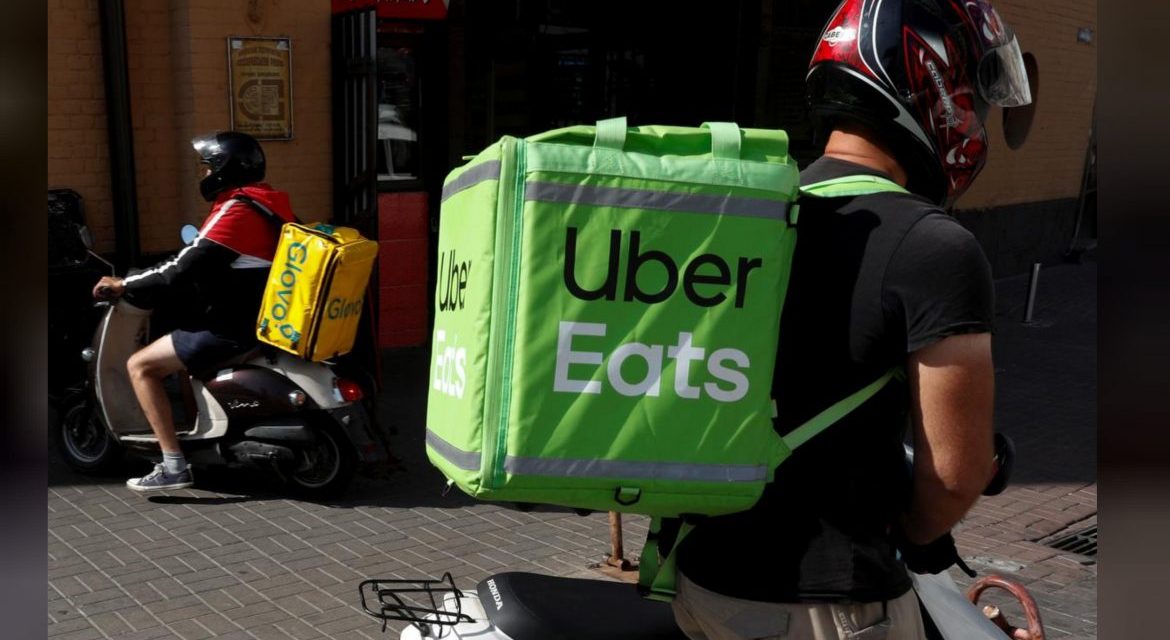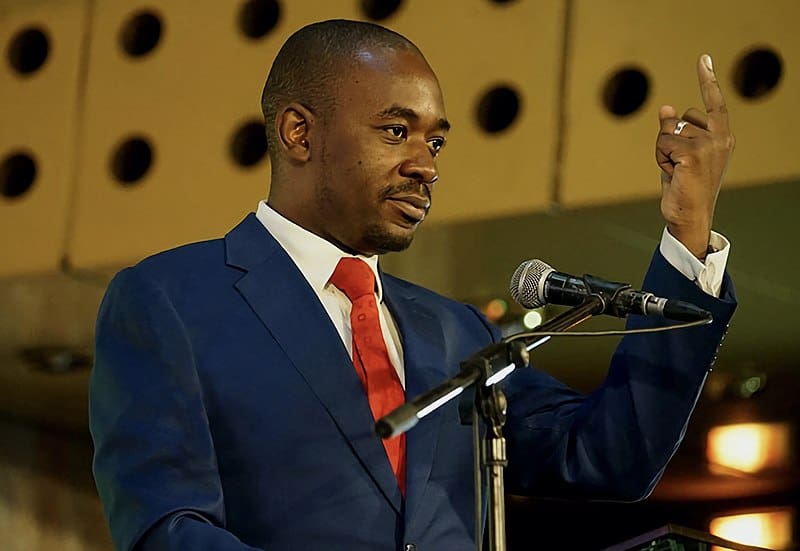SOUTH AFRICA: IN Soweto township, Dumile Badela’s restaurant is now more hectic and lucrative than ever, thanks to Uber Eats, his hungriest customer yet.
Having already dominated Africa’s ride-hailing sector, Uber is trying to conquer the food delivery market by leveraging its massive fleet of drivers in the continent’s most developed economy and tracking popular food choices and destinations.
The prize is big. The country’s online food delivery industry was worth 10.49 billion rand ($713 million) in 2019, according to data portal Statista. And with growth pegged at nearly 14% annually, it will hit 17.6 billion rand by 2023.
Surprisingly perhaps, Uber got off to a tricky start.
An initial focus on high-end restaurants proved to be a mistake in a country perpetually on the verge of recession. The San Francisco-based app is now targeting traditional, local fare.
In May, it launched in Soweto, where it works with around 20 partners and is adding more local foods to its 480,000 menu items, dispatching dishes like stewed tripe, caterpillars, cow heels and sheep’s head to mostly middle-class customers who crave a taste of home.
“I’d say Uber Eats has improved our sales by about 15% to 20%. But I’m targeting even more, up to 50%,” Badela says. “There’s huge opportunity.”
It could be a win-win; Uber has faced a difficult year, with fewer fares worldwide and the ever present risk of Uber accidents. It posted a $1.16 billion third-quarter loss and Uber Eats is the company’s fastest-growing business, contributing more than 10% of its quarterly revenue of $3.8 billion.
agencies














